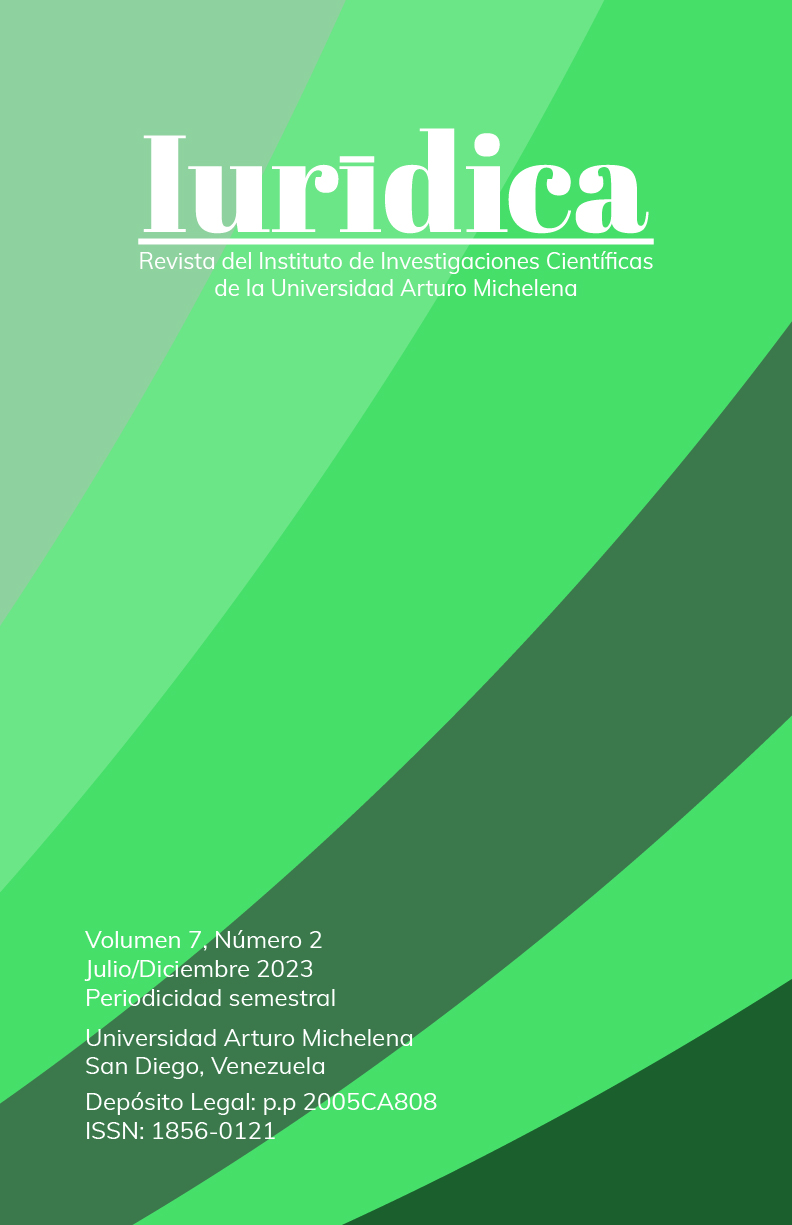Editorial
Categorías
Publicado 2023-12-17
Palabras clave
- Inteligencia Artificial (IA),
- Ciencias Jurídicas,
- Algoritmos,
- Derecho
Share
Resumen
La Inteligencia Artificial (IA) está irrumpiendo en todos los ámbitos de la sociedad, y las ciencias jurídicas y políticas no son una excepción. Este documento explora las diversas aplicaciones de la IA en este campo, analizando sus beneficios y desafíos.
Referencias
- Angwin, J., Larson, J., Mattu, S., & Kirchner, L. (2016). "Machine Bias: There's Software Used Across the Country to Predict Future Criminals. And It's Biased Against Blacks." ProPublica.
- Brynjolfsson, E., & McAfee, A. (2017). "The Second Machine Age: Work, Progress, and Prosperity in a Time of Brilliant Technologies."
- Citron, D. K., & Pasquale, F. A. (2014). "The Scored Society: Due Process for Automated Predictions." Washington Law Review.
- Davenport, T. H., & Ronanki, R. (2018). "Artificial Intelligence for the Real World." Harvard Business Review.
- Floridi, L., & Cowls, J. (2019). "A Unified Framework of Five Principles for AI in Society." Harvard Data Science Review.
- Johnson, M. (2020). "Artificial Intelligence in the Practice of Law." Georgetown Journal of Legal Ethics.
- Martínez, J. M. (2021). "Artificial Intelligence in the Legal Profession: A Comparative Analysis." International Journal of Law and Information Technology.
- Taddeo, M., & Floridi, L. (2018). "How AI can be a Force for Good." Science.


